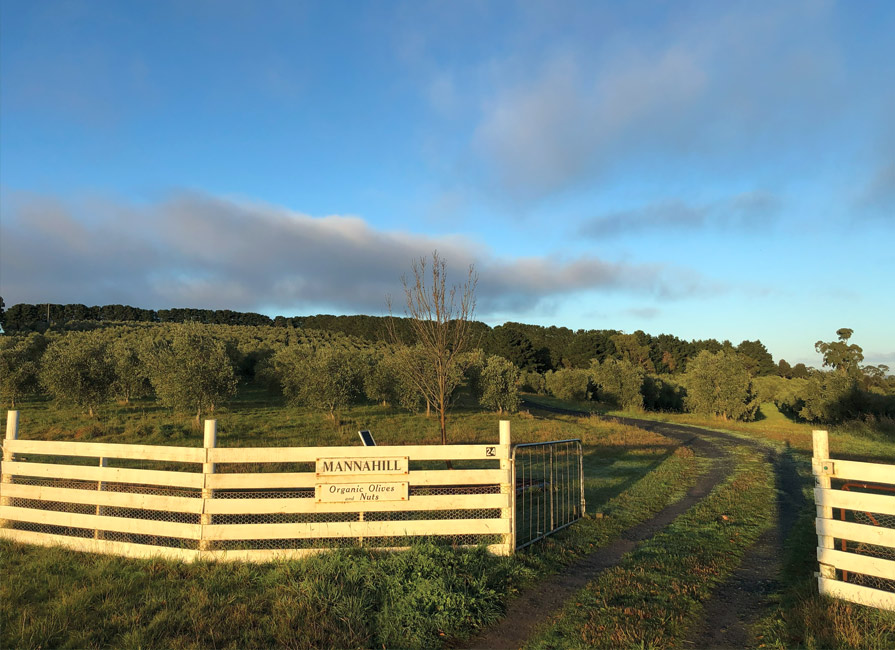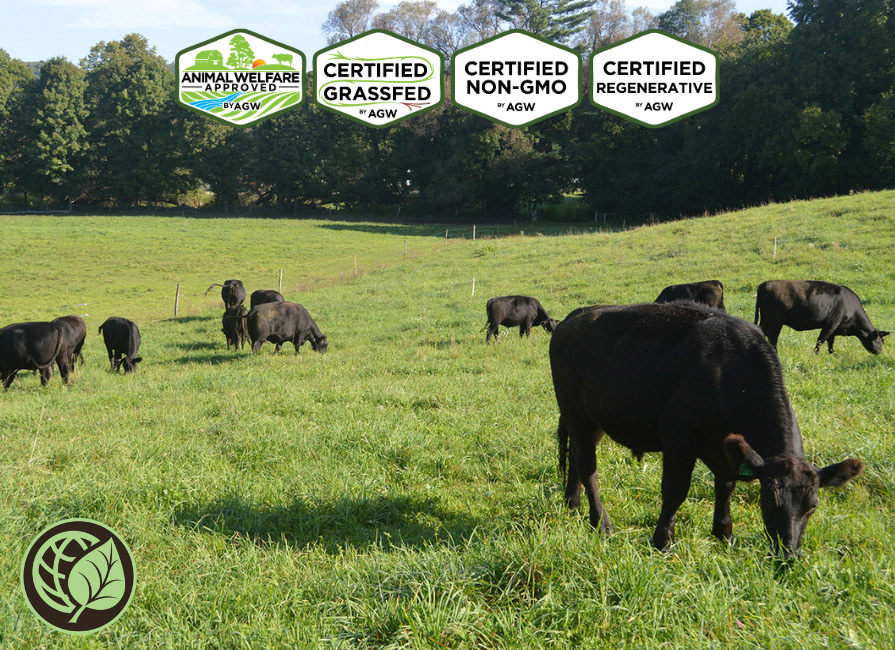One of the key attractions of our Certified Regenerative by AGW program is its practical…
Supreme Court Ruling Isn’t a Win for Monsanto
 So who really won the Supreme Court case Monsanto Company v. Geertson Seed Farms? Both sides are claiming victory, but the reality is that while the Supreme Court may have ruled, the jury is still out and there’s still a good chance to stop a genetically modified (GM) alfalfa seed from overtaking the nation’s fields.
So who really won the Supreme Court case Monsanto Company v. Geertson Seed Farms? Both sides are claiming victory, but the reality is that while the Supreme Court may have ruled, the jury is still out and there’s still a good chance to stop a genetically modified (GM) alfalfa seed from overtaking the nation’s fields.
The trouble began when Monsanto did an end run around the law by convincing the Animal and Plant Health Inspection Service (APHIS, the division of the U.S. Department of Agriculture charged with regulating genetically modified plants, amongst other things) to approve its GM Roundup Ready™ alfalfa without the mandatory environmental review (see note below). Consumer groups and farmers hauled them to court, which completely banned the sale and planting of Monsanto’s GM Roundup Ready™ alfalfa until APHIS completed the required Environmental Impact Statement (EIS), a process that could take years.
On the surface, the Supreme Court ruling may seem like a victory for Monsanto. The Court lifted two injunctions issued by the Ninth Circuit Court: one stopped farmers from planting any Monsanto GM Roundup Ready™ alfalfa seed. The other banned APHIS from performing a “partial deregulation” of the seed, which would allow restricted or limited planting during the time an EIS is being prepared. However, the Supreme Court upheld the Ninth Circuit Court ruling that APHIS illegally approved Monsanto’s GM Roundup Ready™ alfalfa seed to begin with. In short, despite the furious spin from Monsanto and agri-business, GM Roundup Ready™ alfalfa seed remains illegal.
The Supreme Court lifted the injunction banning a partial deregulation on the basis that the Ninth Circuit Court couldn’t ban something that hadn’t already happened. “Until APHIS actually seeks to effect a partial deregulation,” the Court explained, “any judicial review of such a decision is premature.” As for banning any GM Roundup Ready™ alfalfa seed, the Court held that less drastic measures were available. But it found that APHIS had broken the law when it failed to require an EIS before approving Monsanto GM Roundup Ready™ alfalfa.
The Supreme Court ruling does give APHIS the right to preliminarily approve Monsanto’s GM Roundup Ready™ alfalfa for restricted planting, but it’s important to note that APHIS still can’t fully approve the seed without performing its duty to the citizens of United States—APHIS must file an EIS before complete approval of the seed can happen. But that’s not good enough. The genie of GM alfalfa is already out of the bottle and more restricted plantings will only make things worse.
We will have another chance to challenge APHIS if (more likely when) it announces a partial deregulation of Monsanto GM Roundup Ready™ alfalfa prior to the release of the EIS. And there are already pro-Monsanto rumblings coming from APHIS and the USDA following the Court’s decision.
That’s why the pressure on the USDA, APHIS and its regulators to follow their own rules can’t stop. The USDA must put the welfare of all American farmers and all American consumers before the welfare of Monsanto if we are to have any faith in the regulatory agency that oversees our most basic need—our food. The entire case is extremely interesting when other GM Roundup Ready™ crops are failing (by a long shot) to meet their original hype.
Note: Roundup Ready means the alfalfa withstands Monsanto’s glyphosate-based herbicide, Roundup, which has created a whole new set of problems for farmers worldwide. See our blog, “GMOs and the Law of Unintended Consequences” for more.


